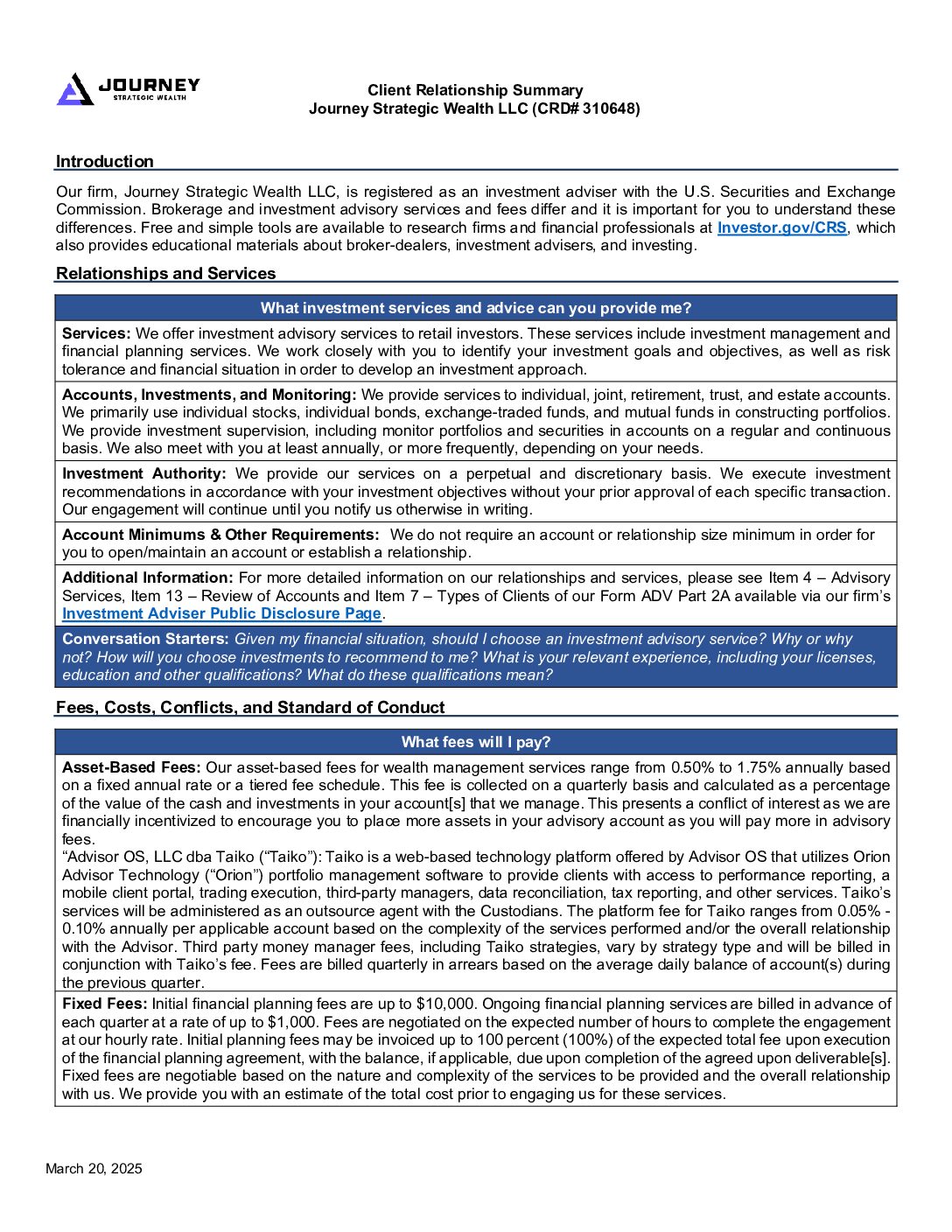Presidential Election Forecast: How Will Markets and Your Finances Be Impacted?
Every four years, Americans across the country head to the polls and decide who will take on the position of President for the next four years. Between yard signs, commercials, Facebook ads, phone calls, emails, and door-to-door campaigners, it’s safe to say that most of us will soon be inundated with election-related messages daily.
As an investor, you may be wondering if such a big event will have an impact on the markets (and more importantly, your portfolio). Do you need to adjust your investment strategy to prepare for a potential administration change? The answer is, not necessarily.
Below we’re covering what influences the stock market and what you can do to prepare for the 2024 election as a savvy investor.
What Influences the Stock Market?
Let’s take a step back and think more broadly about what impacts stock market movements.
The market is primarily influenced by investor sentiment on a broad scale, and investor sentiment is influenced by global events. In recent years, we’ve seen market volatility occur as a result of pandemic-induced lockdowns, geopolitical unrest, high inflation, and more.
One thing we’ve seen over and over again is that the market does not like two things: unexpected outcomes or sudden change. Thinking in terms of the election, we have the potential for both.
No one can predict with 100% accuracy who will be elected, which means elections create a level of uncertainty for investors. If the current administration remains in office, there’s less change to be expected—but putting a new political party in power can increase levels of uncertainty among investors.
Keep in mind that though most voters are focused on the presidential election, these elections often change the dynamics of Congress as well. It’s possible that we could maintain the status quo in the White House, but swap majority parties in the Senate or House. The opposite could also be true.
Historical Look at the Stock Market During Election Years
Since 1928 (for context, that’s when Hoover was elected President), the S&P 500 has gained on average 11.28% during election years, according to a study by First Trust. Certainly not a bad average to have, though it is a notable drop from an average 17% gain in year three of a four-year presidential cycle.
Generally speaking, political leaders in power aim to increase economic growth and maintain positive market performance as a way to prime voters for the election ahead.
This strategy makes sense: When people are happy with the economy’s performance, they have less reason to vote out the current administration. But when things take a turn for the worse, investors are more adamant about achieving change in the White House.
The Takeaway?
The good news is, presidential elections don’t appear to be monumentally influential over stock market performance. This is likely because the market is influenced by so many factors, meaning elections are just one event in a long line of things that can impact performance.
Think back to the 2020 election. In the same year, we experienced the onset of COVID-19, endured labor shortages, saw major economic stimulus packages being passed, and more. Election aside, those other changes impacted the markets as well (and often in a major, albeit short-term, way).
Even if we see a short-term reaction leading up to or immediately following the election, history has shown us that the market eventually recovers and trends upward over time.
Rather than worry about how the upcoming election may impact your portfolio, we encourage you to maintain a longer-term perspective. If you’re following an investment strategy that’s built around your goals and future needs, then your portfolio is built to outlast the short-term fluctuations (including those impacted by political events, like the presidential election).
Is Your Portfolio Prepared for the Upcoming Election?
If you have any concerns or questions, especially regarding the election’s potential impacts on your portfolio, we encourage you to reach out and book a call with our team. We’d be more than happy to take a look at your current standings and reassess your strategy based on your unique needs and goals.
This material is distributed for informational purposes only. Investment Advisory services offered through Journey Strategic Wealth, an investment adviser registered with the U.S. Securities and Exchange Commission (“SEC”). The views expressed are for informational purposes only and do not take into account any individual’s personal, financial, or tax considerations. Opinions expressed are subject to change without notice and are not intended as investment advice. Past performance is no guarantee of future results. Please see Journey Strategic Wealth’s Form ADV Part 2A and Form CRS for additional information.


























